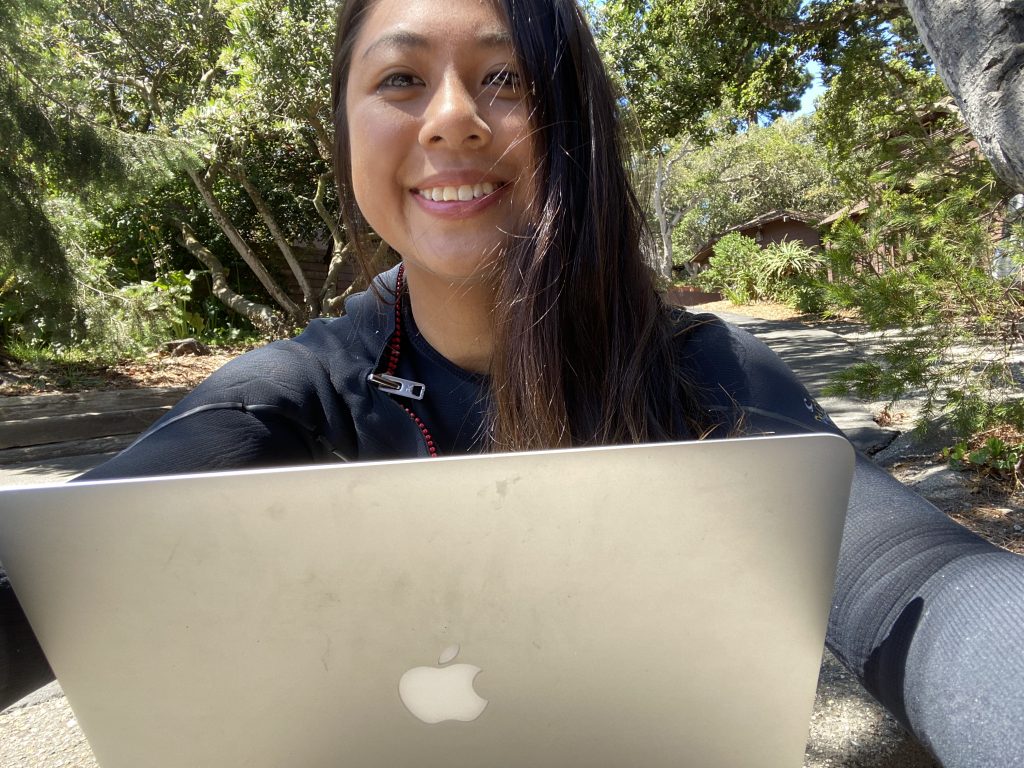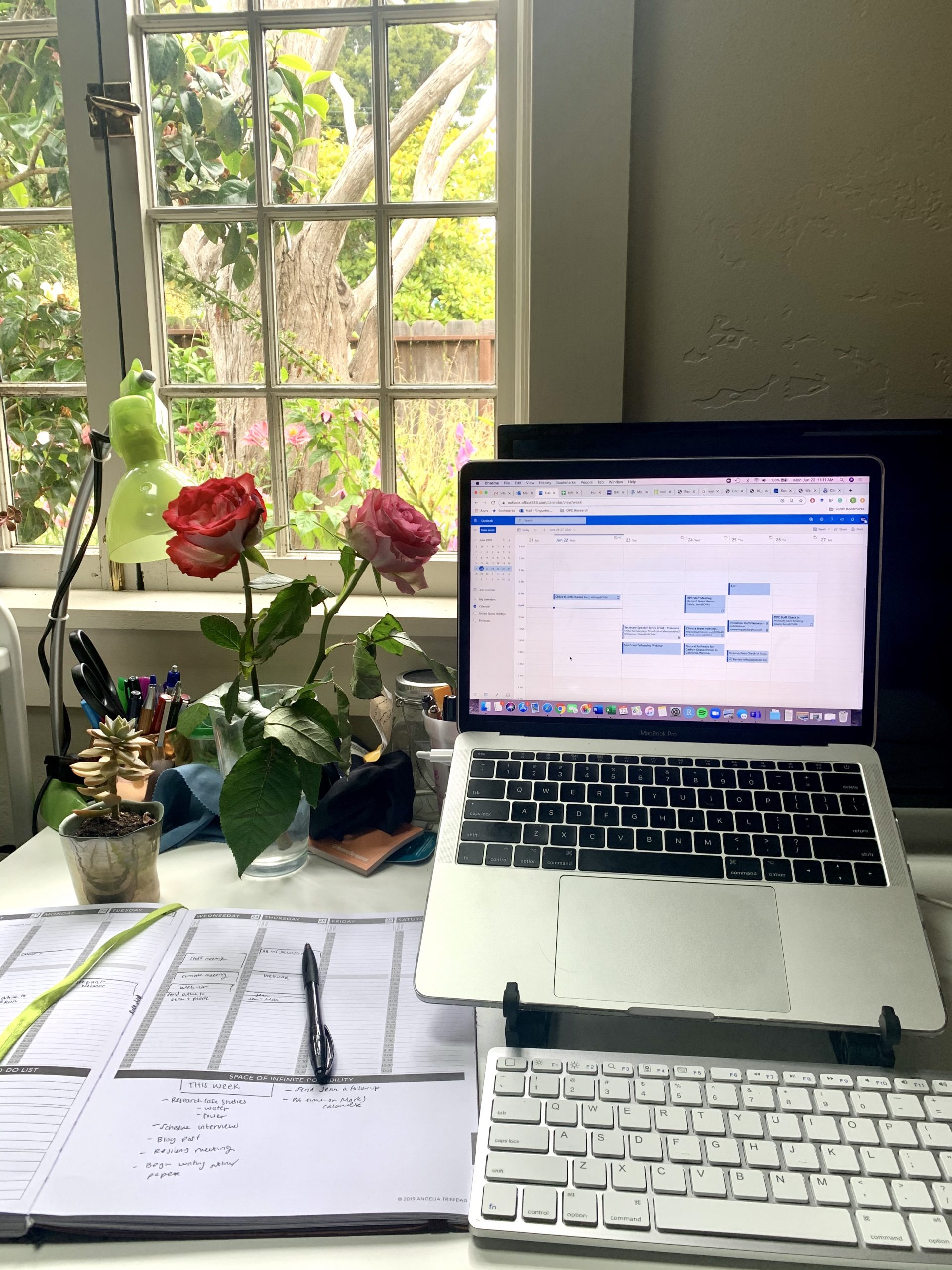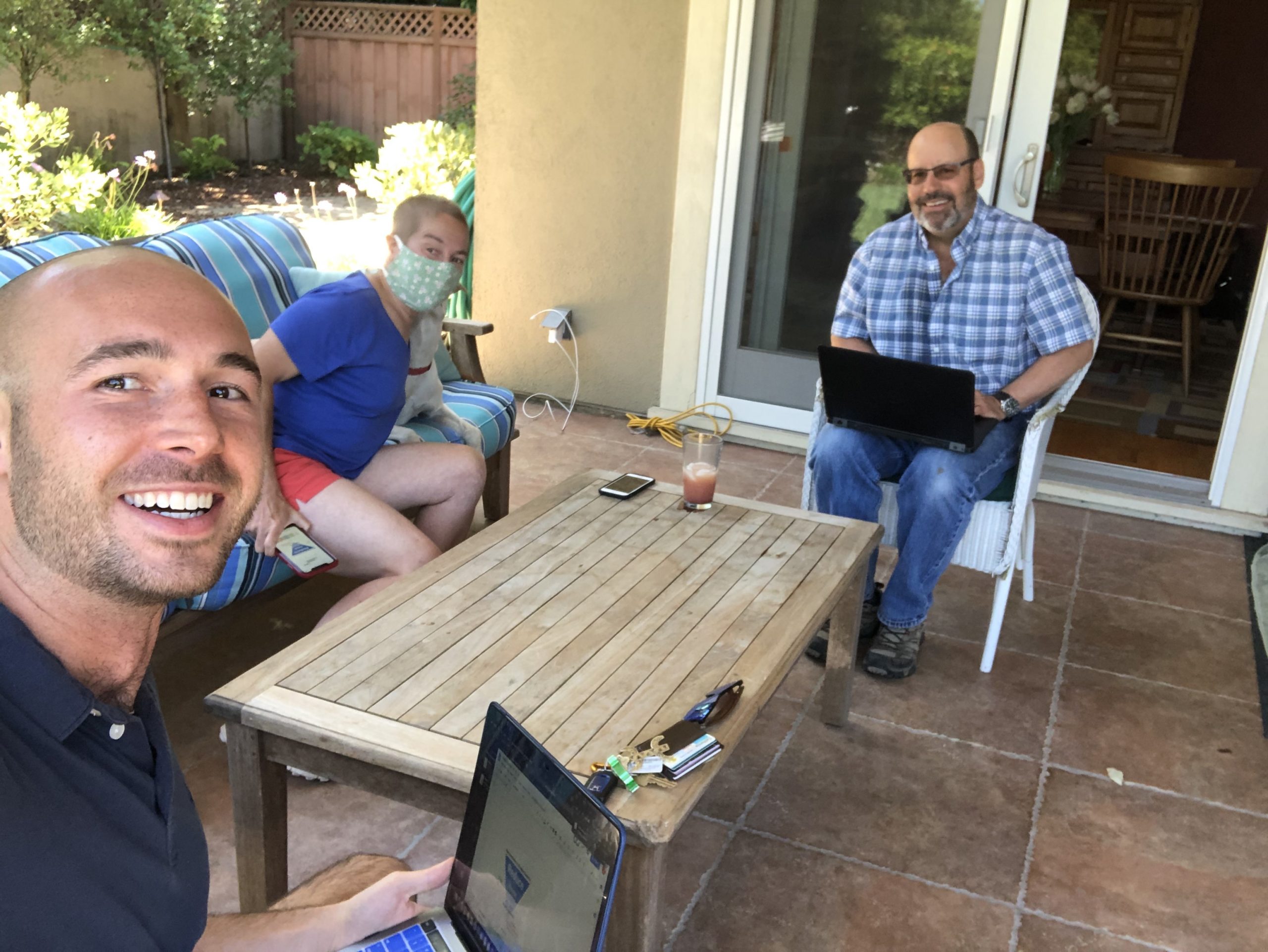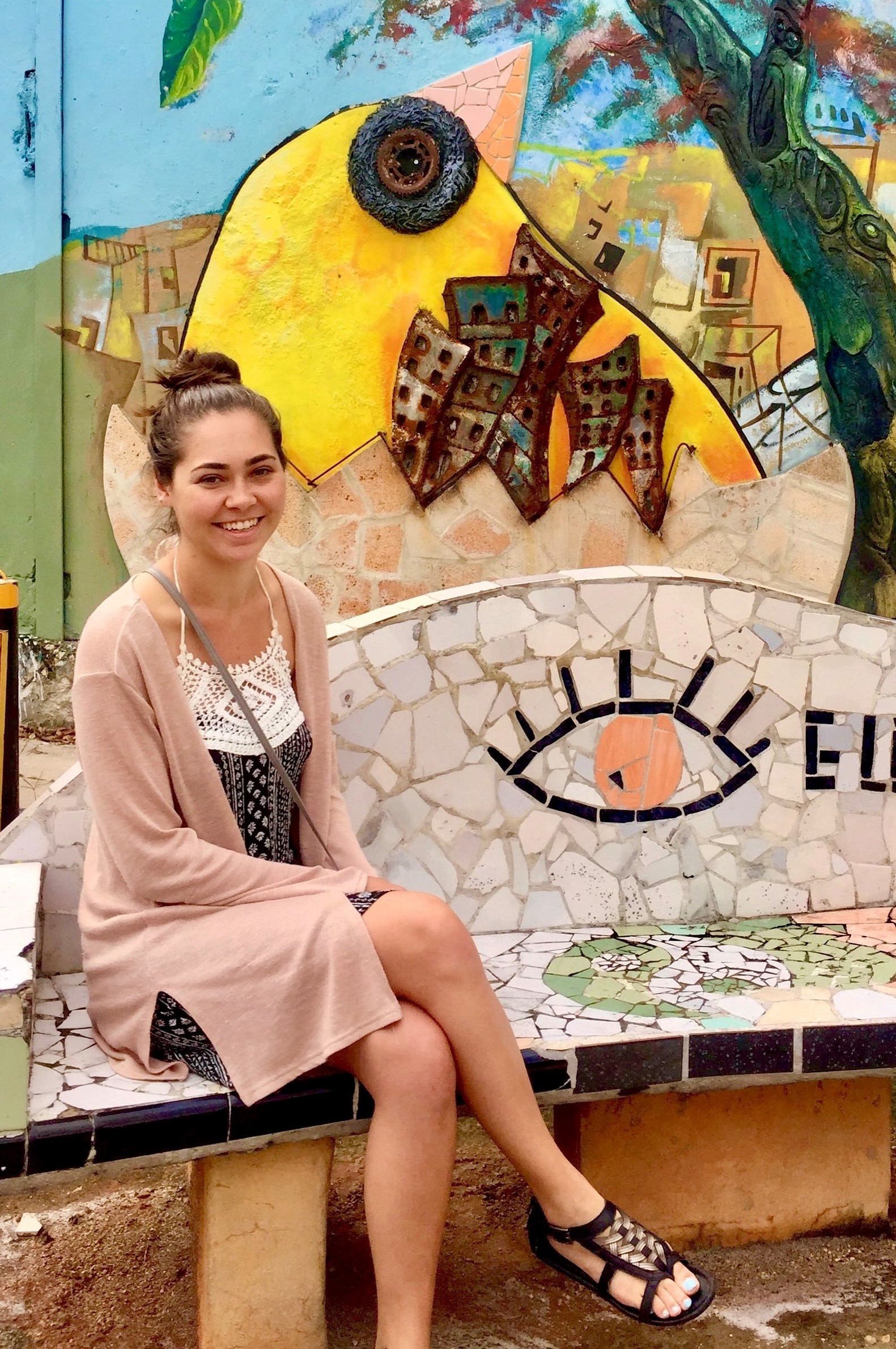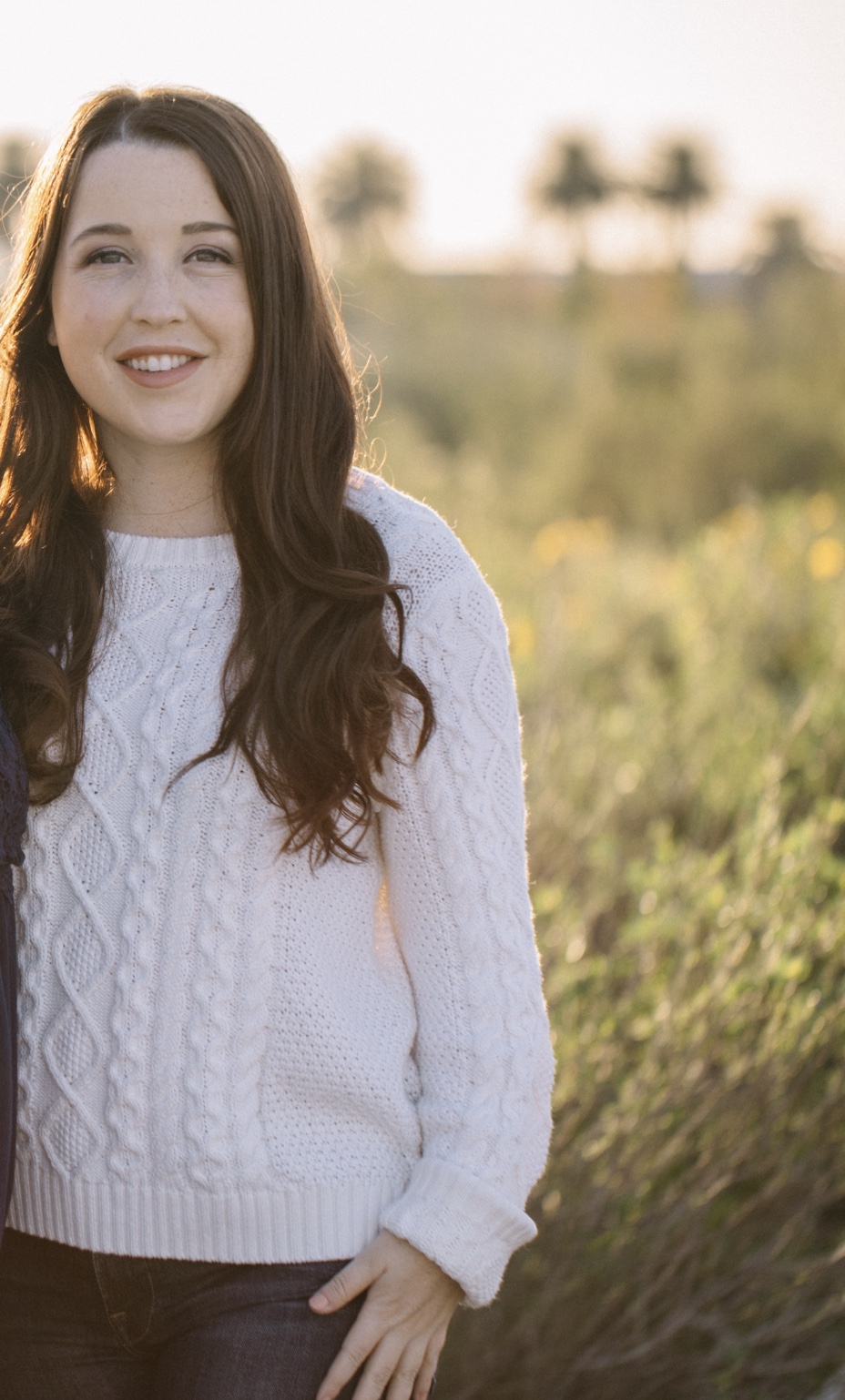If you’re wondering why I’m in my wetsuit with a laptop, this is a pretty good representation of my work-from-home life that started on 1 June 2020 as a Climate Science Intern at the Environmental Defense Fund. Despite not being able to work in the San Fransisco office this summer, I managed to find a good work-life balance that keeps me in a good headspace. A quick morning surf helps me jumpstart my day filled with research, report writing, and meetings.
I hit the ground running assisting in three projects of the RAD (Research and Development) Team: conducting a literature review to find a defensible reference point for Indonesia’s blue swimming crab fishery, developing a climate profiling tool in the Gulf of Mexico, and updating the Framework for Integrated Stock and Habitat Evaluation (nickname FISHE). These seemingly separate projects all share common themes of fish stock assessment and climate change.
Three weeks in, I feel extremely fortunate to be working with such a RAD team (haha) that is knowledgable and supportive. Coming to the end of June, I plan on wrapping up the Indonesia blue swimming crab project. At this point, I have examined the different stock assessment methods and their applicability to Indonesia’s blue swimming crab fishery in terms of biological, ecological, economic, and social considerations. The next step will be writing up recommendations for the Indonesian team at EDF and the Ministry of Maritime Affairs and Fisheries in Indonesia. Be on the lookout for the post. Till then!

